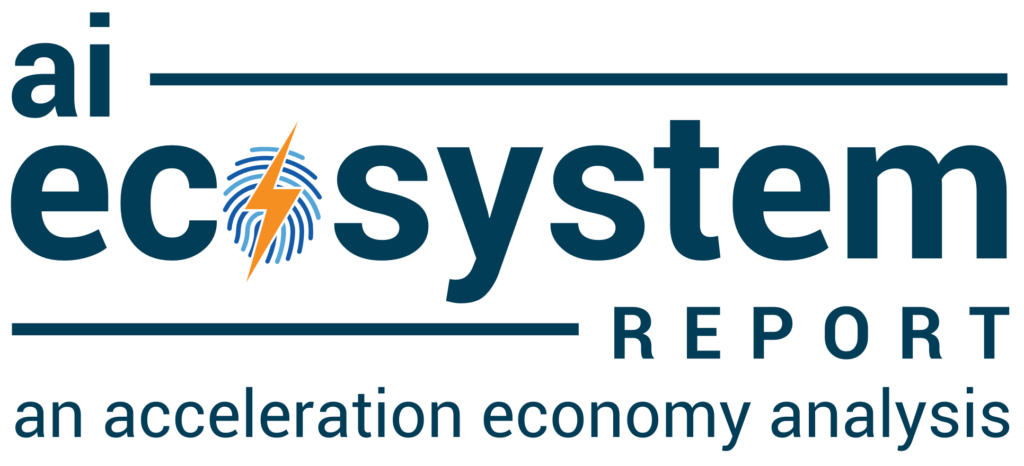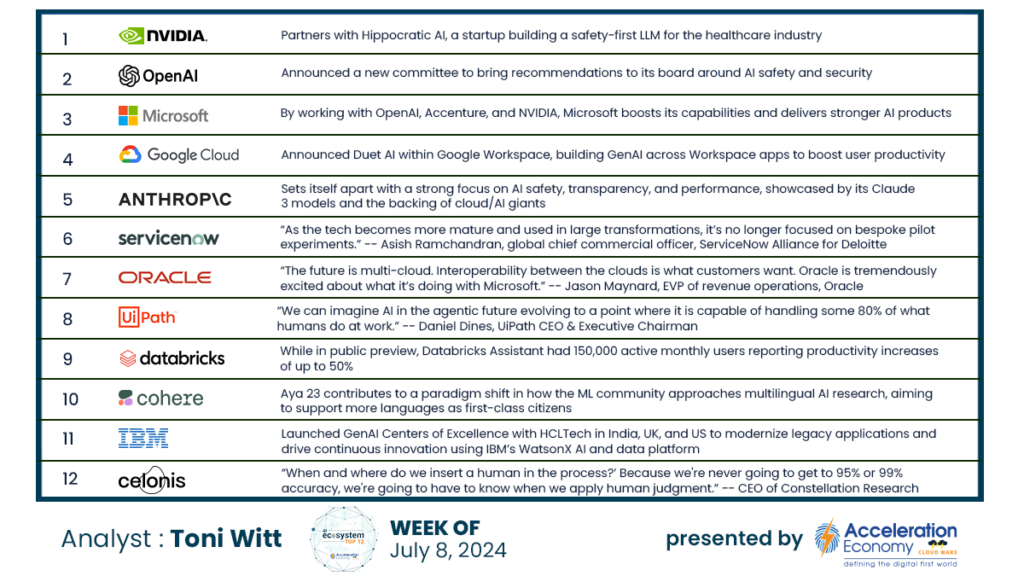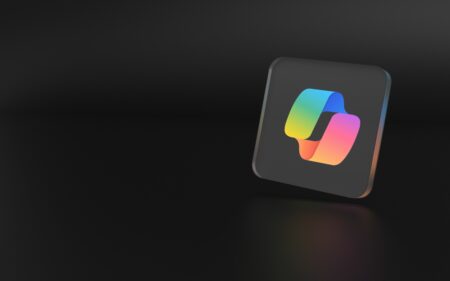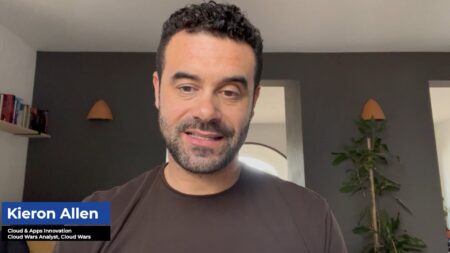
As AI wars heat up between leading technology firms, industry giant Apple recently announced its own AI initiative, Apple Intelligence, which will bring AI to iPhones, iPads, and macOS through a partnership announced with OpenAI.
Enabled by ChatGPT, Apple Intelligence features and functionality are estimated to be available via beta in fall 2024.
Apple’s announcement of Apple Intelligence included another major reveal: Privacy Cloud Compute (PCC), which it dubbed “a new frontier for AI privacy in the cloud.” Some are skeptical of PCC, but others have called it a comprehensive approach to AI security and privacy. In this analysis, I’ll take a look at some of PCC’s core aspects and unpack its potential role in enabling AI in the Apple ecosystem while ensuring privacy and security remain fundamental elements.
Commitment to Privacy
In its PCC announcement, Apple discussed how user data sent from devices to the cloud will not be accessible to anyone other than the users, including Apple. This is a key point aimed at alleviating privacy concerns and leans into Apple’s history of prioritizing users’ privacy, even against pushes for access from law enforcement.
But providing device-centric privacy and security in the cloud is different than providing it for endpoint devices such as mobile devices or laptops where the customer or consumer has physical control of the device. Apple acknowledged this difference by saying it will be using end-to-end encryption and also processing data ephemerally, to ease concerns around privacy invasions and future access to personal data.
Apple did point out some concerns and challenges with how data security typically works in cloud environments, such as:
- Cloud AI security and privacy guarantees are difficult to verify and enforce
- Difficulties of providing runtime transparency for AI in the cloud
- Challenges for cloud AI environments to enforce strong limits on privileged access
Ask Cloud Wars AI Agent about this analysis
Core Requirements
Apple lays out some of the core requirements it adhered to when designing PCC, which include:
- Stateless computation on personal user data
- Enforceable guarantees
- No privileged runtime access
- Non-targetability
- Verifiable transparency
These core requirements, according to Apple, demonstrate an advancement of the traditional shared responsibility model leveraged by cloud service providers (CSPs). They ensure that user data remains inaccessible to Apple personnel, even during outages and troubleshooting. PCC also prevents privileged access from being escalated, protects individual users from being identified and targeted, and allows security researchers to independently verify that Apple’s public security promises align with the system’s internal engineering and functionality.
The latter is a key difference between many other technology suppliers and demonstrates Apple’s willingness to back up its public commitments around security and privacy with actual transparency and verification.
Apple’s announcement of PCC goes on to extensively lay out how these core requirements will be met, with assurances that more details, transparency, and insights will follow as PCC is released for beta access in the fall.
Concluding Thoughts
No security architecture or implementation is perfect, and many in the industry rightfully have security and privacy concerns around AI as well as its integration into our modern digital ecosystem.
Apple’s PCC represents arguably the most comprehensive approach publicly available when it comes to enabling secure use of AI. Of course, it remains to be seen how it works in practice and what security researchers will say once they can test and verify Apple’s claims. So far, Apple’s announcement has been met with a sense of optimism, and rightfully so.











